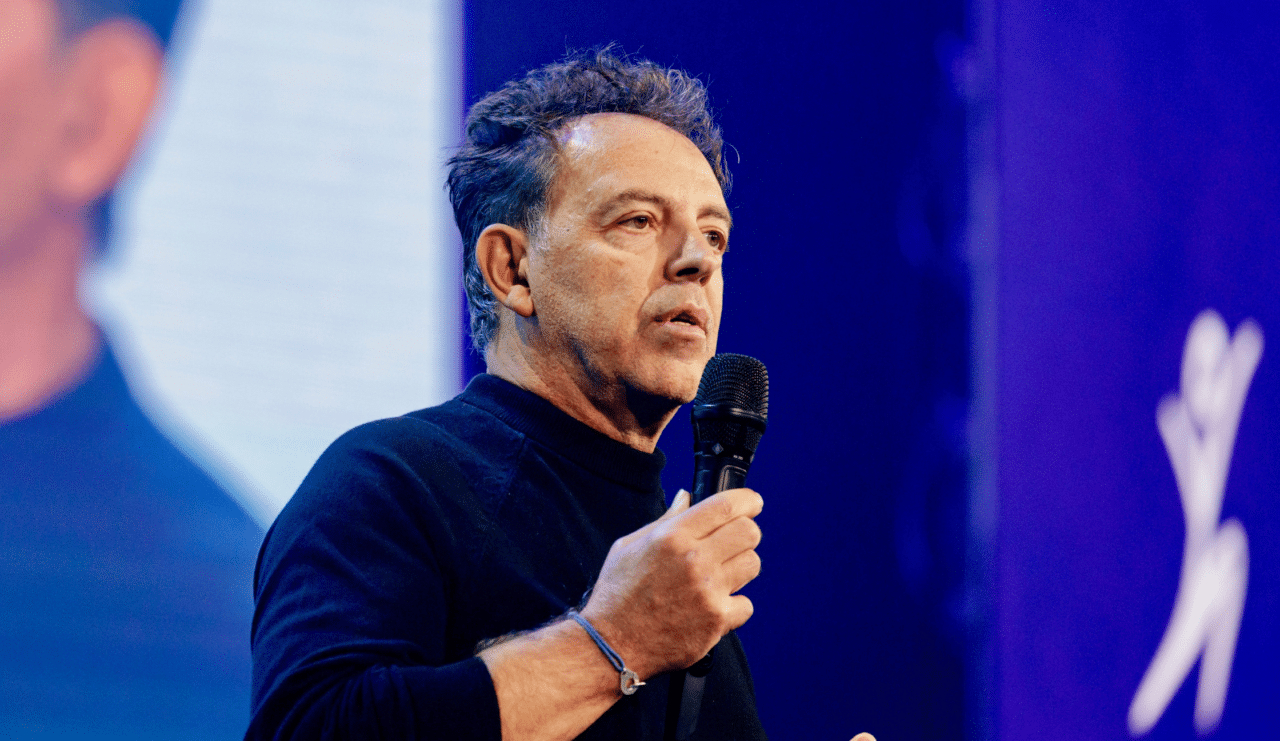Former rescuer in high mountains, Pascal Sancho spent his life evolving in extreme environments where commitment, solidarity and lucidity are survival conditions. In his book Rise together At Mareuil editions, the author shares a vision of the collective shaped by the ” spirit of rope “, This single alchemy born from the interdependence between the members of a team in the face of adversity. Contrary to management based on competition and individual performance, he pleads for a leadership of humility, meaning and shared responsibility. An inspiring philosophy to rethink professional dynamics and put people back at the heart of organizations.
Your background as a high mountain first aid is deeply linked to this book. How did the mountain allow you to better understand the human and collective dynamics?
Pascal Sancho: The high mountain is a demanding environment where you risk your life. The relationship with the other is permanent and must be authentic, sincere, loyal and humble. Because it is above all a question of survival. This singular education translates into an atypical spirit called ” spirit of rope And led objective and momentum leadership.
You compare the mountain rope with a company team dynamics. What do you think are the keys to creating a ” rope »Effective within a professional collective?
Pascal Sancho: Complex balance! The main ingredients: be able to associate with a clear and well -defined vision. A common pact on which you must constantly be aligned. This implies relying on the forces of each, which must be valued throughout the path made of requirement if one aims to reach excellence. Requirement and in the same time of space so that everyone feels useful and can personalize their action in the permanent idea of rising together.

How can a manager combine requirement for results and collective well-being?
Pascal Sancho: Vast subject! Many have nothing to do in management that requires real human and professional quality. Before ambitioning others, it is important to manage yourself. Humility, commitment, exemplarity are contagious virtues … still we have to own them.
First, make the requirement accepted as an individual chance of growing up, to rise and not as a constraint. Then the requirement is only worth if it is accompanied by respect and benevolence. It is an inseparable virtuous couple, because it is not possible to impose excellence on a person. She must find sense to get involved for others and with others. An essential element in well -being remains recognition of the work accomplished, commitment and sometimes trivialized sacrifices.
The business world is sometimes perceived as a competition space. How to bring out more cooperation?
Pascal Sancho: Thanks to the common objective, which highlights all the components that contribute to reach it! The professional adventure must become a human adventure and it can only be collective. We do not succeed without the others. It is a matter of state of mind!
Too many people think that inserting into a collective, they will drown there. That they will not be identified to progress in the pyramid, and it is an error. The collective is a revealer for oneself, but also for others. The good will remain good and the excellent will be so that they reveal themselves thanks to the other.
All of this must be assessed and allow everyone to progress honestly according to their real value. Supervision has a major role of objectivity to avoid any notion of injustice such as favoritism for example … We therefore favor emulation which respects the other and leads to collaboration, rather than the balance of power by competition.
You insist on the importance of failure in progression. How to help the teams welcome it positively?
Pascal Sancho: Once again the state of mind and the emotional intelligence of the supervision. A safe success simply does not exist! A difficulty, a setback, a backhand are not failures that take on a definitive notion. And even in this case, it is always possible to build. Simone Veil said that in each tear remains a hope. Don deed!
What are your advice to better manage your failures and successes?
Pascal Sancho: See them as a step towards success of the next day, and above all objectively analyze them to draw the substance and progress. An error is part of the construction dynamics, repeating it is a fault! Cultivating positive thinking is then very important.
What do you think a good leader?
Pascal Sancho: The leadership in my opinion does not learn, as a result of management. It is an inner force that we have without even knowing it, and which is revealed according to the circumstances. In any case, a leader has a vision earlier than the others. His behavior and his personality make them naturally lead the others who grant him this strength. Leadership does not conquer it is always granted by the group in the end.
In your book, you talk about figures like Reinhold Messner, Simone Veil or Steve Jobs. What do you think have in common?
Pascal Sancho: There visionL’abnegationthere determinationL’daring which is the intelligent form of courage and which means that, even in the worst conditions, we find the right path. If not the least bad!
You have been faced with situations of life or death. What place can vulnerability have in a world often obsessed with performance?
Pascal Sancho: Vulnerability is part of each of us! Nier is an illusion that leads to weakness. Recognizing it is a force that allows you to know its limits, its weaknesses, and to overcome them! High performance requires knowing your vulnerability points, otherwise it is not possible to break your own glass ceiling to outdo yourself.


